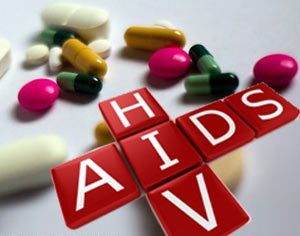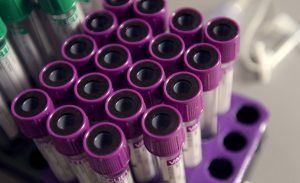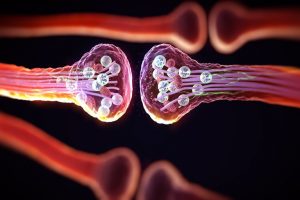Despite the amazing advancements of modern medicine, detecting early stages of Human Immunodeficiency Virus (HIV) is still proving difficult.

Source: https://commons.wikimedia.org/wiki/File:Anti-hiv-medications
At the end of 2014, almost 76,000 Canadians had been diagnosed with HIV, up by almost 10% since 2011. Even more alarming is that 21% of the infected individuals weren’t even aware they had HIV. These numbers are an illustration of the medical industry’s struggle with understanding HIV.
While many researchers have studied HIV from a biological perspective, Dr. Daniel Coombs and a team of biological mathematicians at the University of British Columbia took on the issue from a different angle—by using math.
“We took a modelling approach because we couldn’t think of how you could study this experimentally”
– Dr. Daniel Coombs
According to Dr. Coombs, the study of HIV is crucial to our society, stating that “the reason people work on HIV in such detail is because it’s not curable.” Commonly, we would associate the study of infection and disease with biological research, however, there are times when the answers we need simply cannot be provided by a pure biologist. For example, scientists understand that after exposure to HIV, there is a period of time where no HIV tests can detect this infection (known as ‘eclipse period’); however, what biological scientists haven’t been able to confidently determine is the exact length of this eclipse period. That’s where Dr. Coombs and his team come in. They are using mathematical modelling in an attempt to calculate this.
https://www.youtube.com/watch?v=rnHEcUyrazk&feature=youtu.be
The length of this eclipse period is shown to be quite variable, but lasts an average of about 8-10 days. However, according to Coombs’ research, the chance of obtaining a false negative HIV test (test says there’s no infection, but there actually is) is still 5% at three weeks after exposure. In some cases, if the infection is tested too early, a false negative could be obtained and falsely convince a patient that they do not have HIV. This could lead to the patient ignoring the virus, and the virus secretly progressing without any treatment to combat it.

Source: http://www.freestockphotos.biz/stockphoto/17099
To avoid such a dangerous situation, those who believe they have been exposed to HIV should know what measures to take when getting tested. We explore the importance of proper HIV testing, along with insights from Dr. Coombs:
The quest to understand HIV has been difficult and unending, but Dr. Coombs and his research team have shown us how useful of a tool math can be. By providing us with one more piece to the puzzle, the eclipse period length, Coombs and his team have provided valuable insight into proper HIV patient care and HIV testing. Just like Dr. Coombs says, “there’s so much we don’t know and I think there’s so many places where mathematics can come in and make an impact on biology.”
Written by: Silvana Jakupovic, Grace Tang, Howard Bai, and Patrick Geeraert



